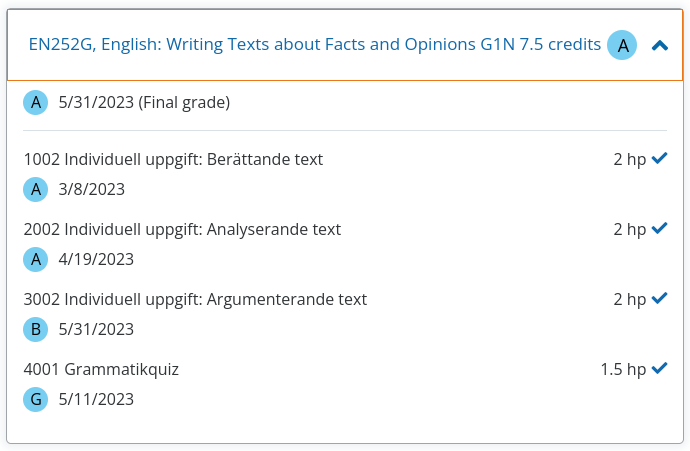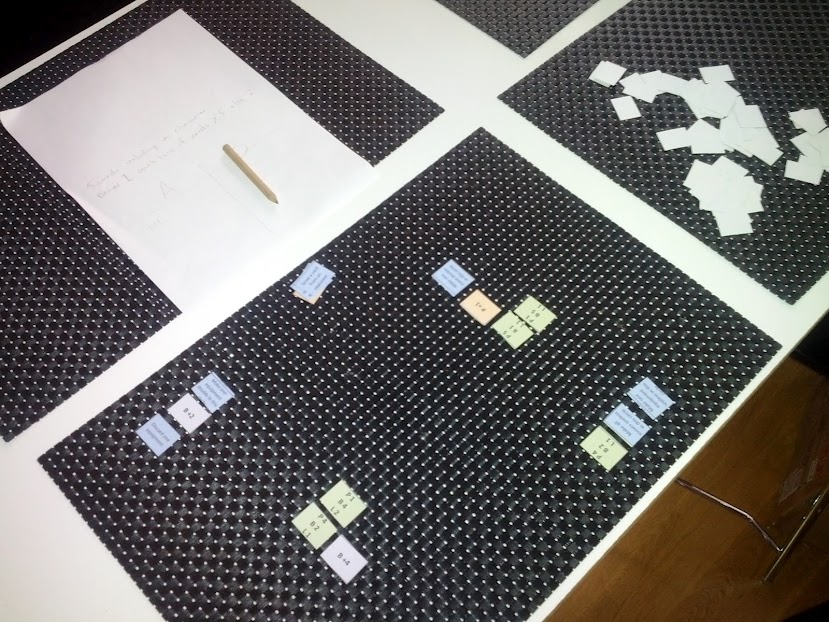This essay was an assignment I wrote last year at the course English: Writing Texts about Facts and Opinions.
Veganism is the philosophy of not exploiting animals in any way. It entails excluding all animal products and by-products from the consumption and all parts of the production. Or, put another way, a product is vegan if no animals were exploited during its production. By only using vegan products, many advantages can be achieved. You might ask yourself: Since veganism is still a fringe lifestyle, can these advantages really make a difference? If you value good public health, justice and equality and want to do something about global warming, yes they can. In fact, these advantages are so beneficial for society, we should all be vegans.
Eating vegan has a number of positive effects on health, which, of course, is good on a personal level, but it also has positive effects on the public health. Heart diseases, type-2 diabetes and cancer are common and a strain on the healthcare system. As a vegan diet has been shown to decrease all these diseases through various studies, there is an opportunity to free up resources. Those resources could instead be used to improve the situation for healthcare workers in general, resulting in better care for patients, or to treat diseases that today are somewhat neglected. Of course, increasing the quality of life for many people by allowing them to live longer and healthier lives should not be neglected either.
Another aspect that cannot be neglected is the ethical argument. Exploiting animals and causing them severe suffering for our gain is hard to justify. It is a kind of slavery and represents an idea that we, since long should have abandoned in our modern society. Especially recent progress in consciousness in animals, their capacity for suffering and having emotional lives, makes it easy to draw parallels to how society previously treated different human races. This speciesism is a remnant of an ungrounded belief in human moral superiority, which is not fitting for a civilized and enlightened society. In essence, keeping this practice preserves the thinking of some races and species being worth more than others and is fertile ground for similar thinking being applied to humans, i.e. that some people are worth less. Discarding this practice would therefore not only be morally just to the animals, but also make it easier to fully transition into a humane and kind civilization where all humans are equal.
Furthermore, if we want to keep our civilization as habitable as we have become used to, we quickly need to solve many environmental issues, and in particular address the rising levels of greenhouse gases causing climate change. Production of meat causes enormous emissions, mostly of methane from animals. While cattle are the largest emitters, pigs and poultry also compare unfavorably to vegetable protein sources. The way land is treated, both for keeping the animals, and also for the production of animal feed, is having a devastating effect on biodiversity. Declining biodiversity is a factor that causes ecosystems to perish, which in turn can speed up climate change through loss of carbon in the biomass. By using the land directly for human food, less area would be needed to produce the same amount of nutritional value and more could be saved in nature preserves.
The lack of nutritional value is a common counterargument to veganism, meaning that it would be hard to obtain enough minerals and vitamins through a strictly vegan diet. This is mostly an old myth, augmented through stories in popular culture of vegans being pale and weak. In reality, with a varied and planned diet, it is straightforward to keep a fully adequate diet and obtain all the nutrients needed for healthy bodily functions. Even without a properly planned diet, supplements can make up for the lack of the nutrients that are hard to include in a vegan diet, such as vitamin B12.
To summarize, there is much to be won for society if everyone switched to a vegan diet. Public health would greatly benefit, as well as the health level of many individuals. We would live morally sound lives while also removing fertile ground for racism and other injustices. Finally, we would make huge steps towards mitigating the worst effects of climate change. These advantages have such a potential that, anyone should agree that we all should be vegans.

